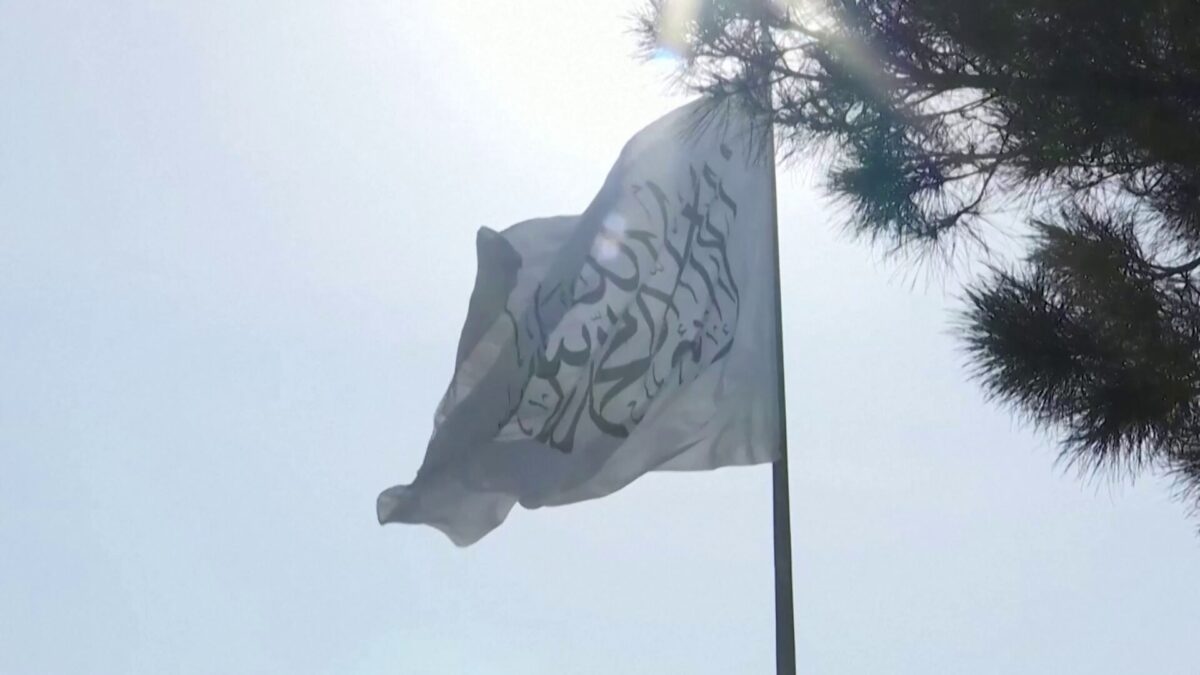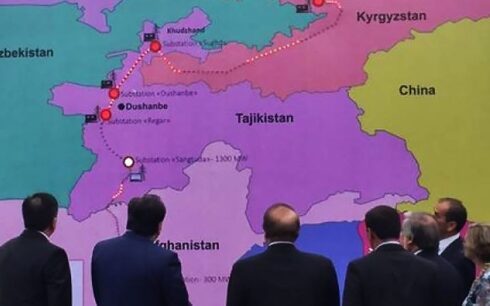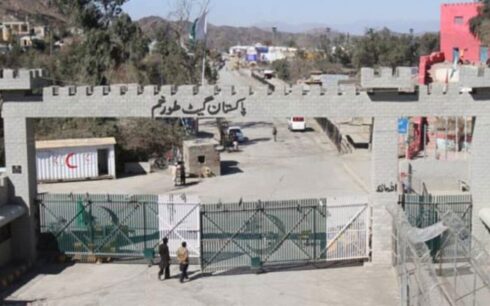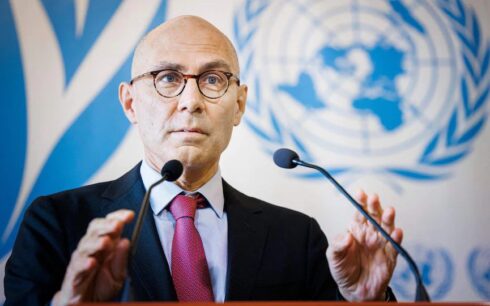KABUL, Afghanistan — Over the past three years, Taliban leader Hibatullah Akhundzada has issued decrees reassigning more than 400 officials, according to an investigation by Amu TV.
Despite the sweeping reshuffles, the appointments have remained exclusively within Taliban ranks, with no women or non-Taliban figures included.
In the past month alone, Akhundzada ordered the reassignment of 17 officials, including corps commanders and local governors
Recent decrees are part of a broader trend, with Amu News reporting that out of more than 80 orders issued during this period, only 16 involved new appointments, while the rest were internal transfers among Taliban members.
Notably absent from these decisions are women or non-Taliban individuals, reinforcing criticism that the Taliban’s governance structure remains insular and exclusionary.
Many Afghans say the Taliban leadership have “monopolized” power and have excluded the broader population from political participation.
“It’s been three years since the Taliban came to power, but no non-Taliban youth has been included in the government,” said a Kabul resident, who spoke on condition of anonymity out of fear of reprisal. “We want to play an active role in the government.”
Another Kabul resident added: “Thousands of educated youth are unemployed, yet the Taliban appoint clerics to government positions. Non-Taliban individuals, including women and girls, have no place in their administration.”
Critics argue that the Taliban’s governance approach over the past three years demonstrates a lack of commitment to meaningful political participation or democratic practices, such as elections or the establishment of representative institutions.
“The Taliban’s narrative of governance shows they do not believe in inclusive politics or democratic institutions,” said one political analyst. “This continued exclusion will only deepen Afghanistan’s political isolation.”
In June, a study by the U.S.-based Middle East Institute examined the composition of the Taliban leadership and has found that Pashtuns constitute 90 percent of the Taliban’s leadership.
According to the study, Tajiks make up 5.4 percent, Uzbeks 2.8 percent, and Hazaras 0.7 percent.
The research, which analyzed nearly 1,200 Taliban leaders, also indicated that other ethnic groups such as Pashaee, Baloch, and Turkmen account for 0.3 to 0.5 percent of the leadership.
The study noted that since August 2021, the Taliban have appointed “thousands” of individuals to political, administrative, military, and legal positions.





